Across several speeches delivered by prominent European politicians, a clear, uncompromising message emerges: reclaim national sovereignty, restore traditional values, and defend the cultural foundations that define each country. This message centers on three words repeated throughout the addresses — homeland, religion, and family — and on a single political objective: to roll back what is described as a destructive progressive agenda and recover control of borders and institutions.
The speakers argue that mainstream politics and the cosmopolitan establishment no longer represent ordinary citizens. Instead, they see a political class pushing social experiments that, in their view, undermine economic strength, security, and cultural cohesion. Their remedy is political mobilization: win elections, change policy, and restore what they call moral clarity. This post lays out the diagnosis, the policy prescriptions, the rhetorical framework, and the practical strategy these politicians offer.
The Diagnosis: What Is Supposedly Broken
Petr Macinka frames the problem as a takeover of European mainstream politics by a “self-destructive left-wing progressive agenda.”He argues that, rather than taking a pragmatic approach to real problems, policymakers prioritize social experiments that erode traditional values and weaken economic and security structures. That critique is repeated and amplified by others who see the EU establishment and mainstream media as part of the problem.
Andrej Babiš points to isolation from Brussels and negative media portrayals: “They cast us as radicals,” he says, yet he insists that the political movement is growing stronger despite being sidelined. The common claim is that elites are disconnected from citizens and that political leadership has been replaced by bureaucracy rather than bold leadership.
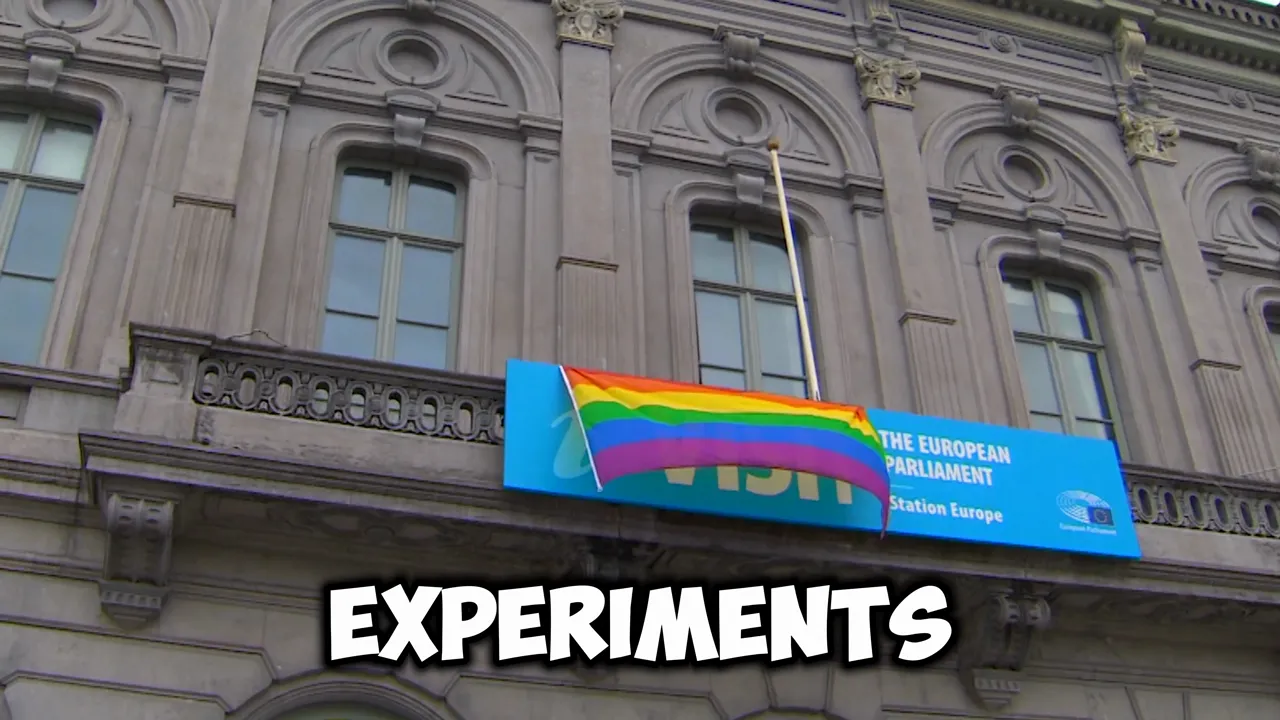
Core Themes: Homeland, Religion, Family
Afroditi Latinopoulou pulls the argument toward cultural and civilizational language: “Homeland. Religion. Family.” She warns that Europe is in danger of losing its historic identity and speaks of a continent allegedly surrendering to ideologies seen as incompatible with that identity. The emphasis is on defending national traditions and passing them on to the next generation.
This framing rests on the belief that European societies must prioritize their inherited cultural norms. Calls to “bring back sanity and moral clarity” are tied to protecting vulnerable citizens and restoring what speakers describe as a shared public ethos.

Policy Prescriptions: Borders, Deportations, and Education
Border control is the centerpiece of the proposed agenda. Dominik Tarczyński repeatedly emphasizes a strict approach: zero illegal migrants, “stop the boats,” and enforce the legal definition of illegal border crossing as a crime. The language is absolute: “Zero means zero.”
Martin Helme goes further, calling for not only stopping incoming migrants but actively returning those who arrived under current policies. Calls for punishment and deportation of those who enter illegally are presented as necessary to prevent what the speakers describe as an expanding invasion by numbers and character.
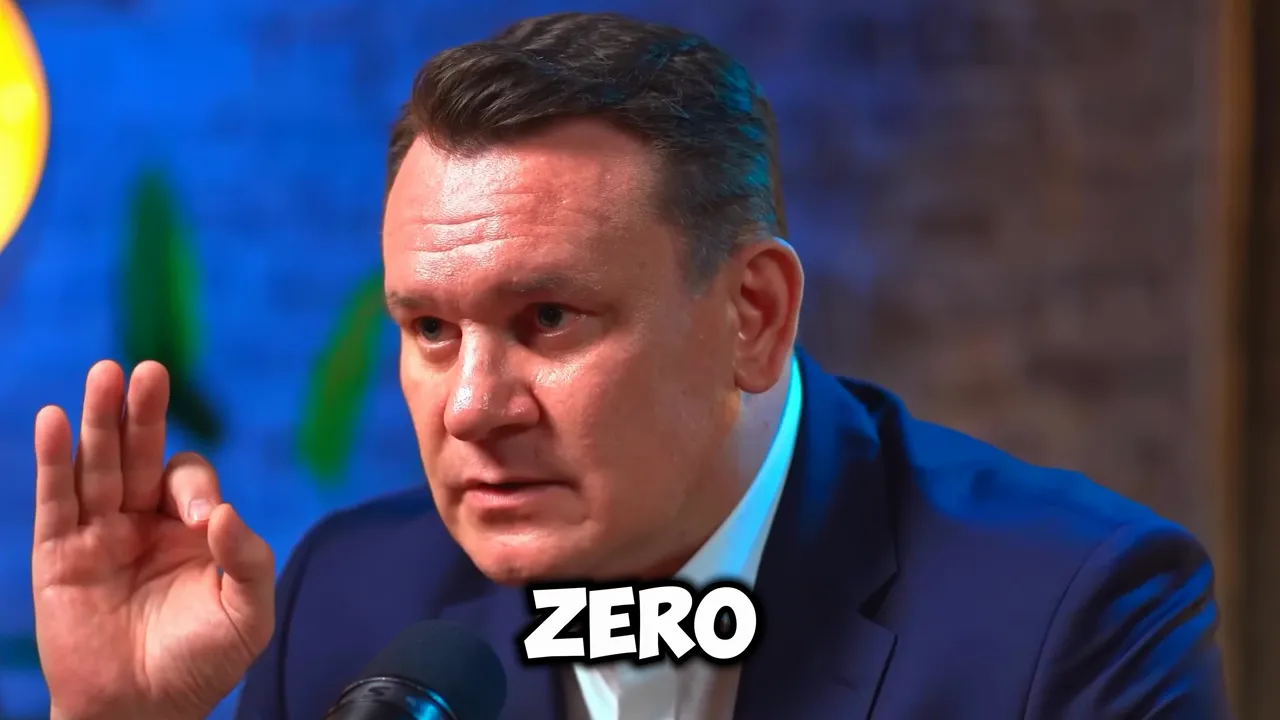
Leadership, Elites, and the Path to Power
Dominik Tarczyński and Geert Wilders both criticize established leaders for failing to represent people or to unite them. Wilders points to global shifts in leadership, asking if Europe is prepared to follow the same path of transformation he sees elsewhere. The political remedy they propose is straightforward: win elections in every country and replace current elites with leaders committed to their agenda.
The strategy is explicitly political rather than purely rhetorical: mobilize supporters, contest democratic institutions, and change policy from within. That path is presented as both legitimate and urgent.
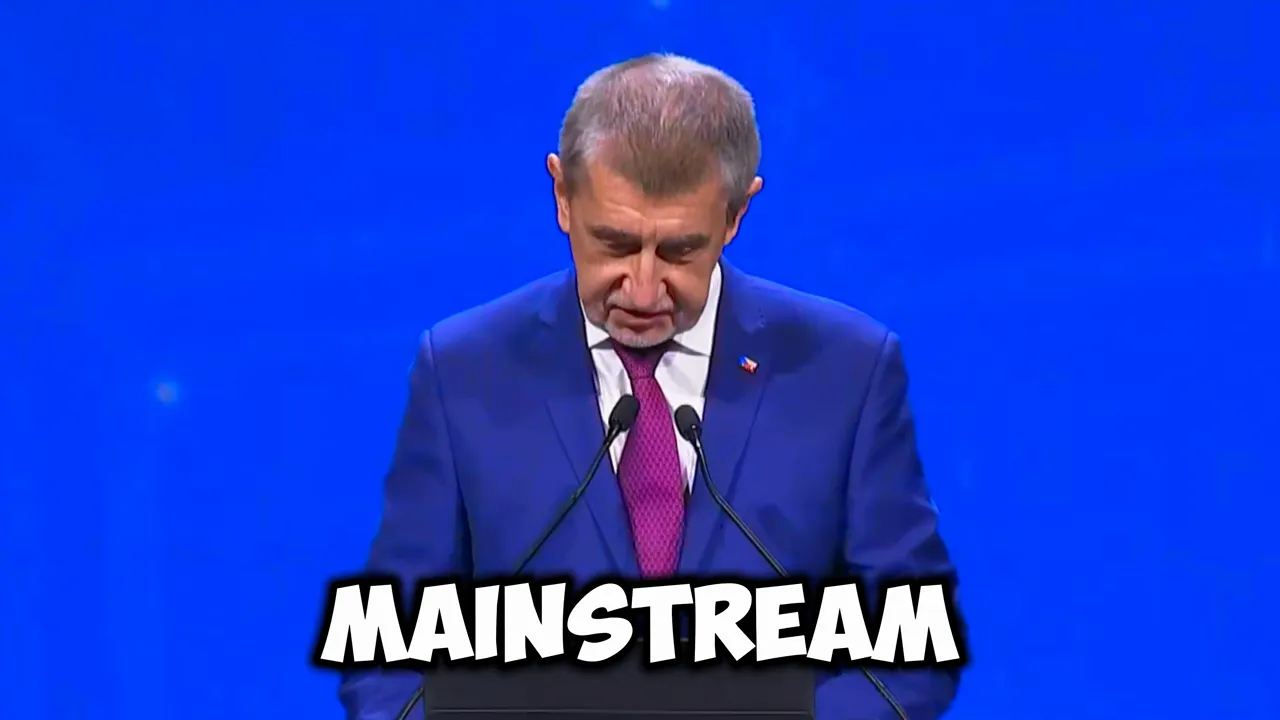
Rhetoric and Warnings: Invasion, Hybrid War, and Cultural Threat
Strongly worded warnings are a key rhetorical tool. Dominik Tarczyński describes situations such as the Polish–Belarus border as a form of “invasion” and “hybrid war,” invoking security language to frame migration as a strategic challenge. The speeches also use stark cultural imagery, predicting drastic social change unless action is taken.
These warnings are paired with moral certainty. Those who disagree are cast as either complicit or out of touch. The effect is to create a clear distinction between “us” — citizens wanting to preserve a way of life — and “them” — elites, activists, or incoming populations portrayed as threats.
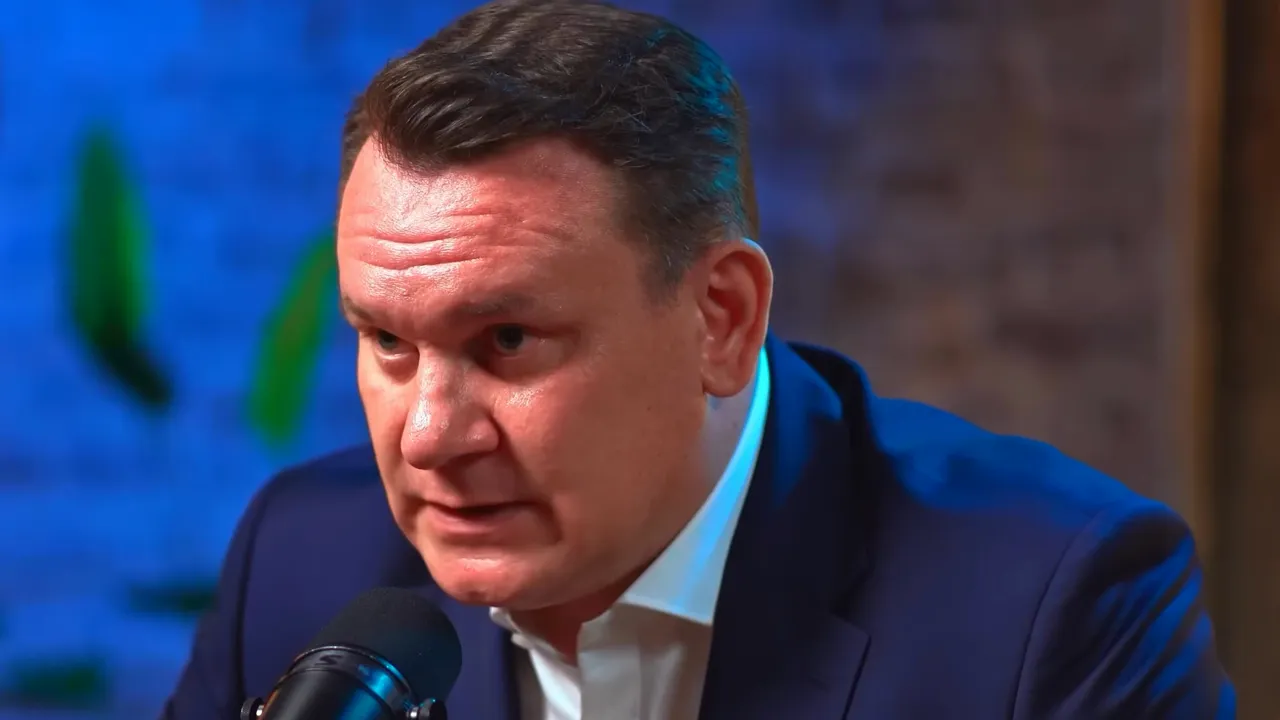
Mobilizing Supporters: Speed, Courage, Determination
Martin Helme calls for swift and decisive action, demanding the political movement act with “speed, courage, and determination” to dismantle structures he labels as “far left” or “liberal fascist.” The language aims to rally supporters and justify forceful political tactics to achieve systemic change.
Geert Wilders mirrors this urgency by framing the moment as one of transformation and opportunity. The repeated call is to organize electorally, to regain control of institutions, and to protect citizens the speakers present as being neglected by current authorities.

What This Agenda Means for Europe
If implemented, the proposed agenda would prioritize secure borders, reduced immigration, and a return to policies emphasizing national identity and traditional institutions. Speakers promise to defend “hard-working citizens,” protect the elderly and vulnerable, and remove those they consider criminal or illegally present.
The movement’s rhetoric also promises a cultural reset: an end to what is called “woke insanity” and a reassertion of national sovereignty. Whether those aims are pursued through legislation, electoral success, or broader civic mobilization, the common theme is a desire for rapid, tangible change across multiple policy domains.
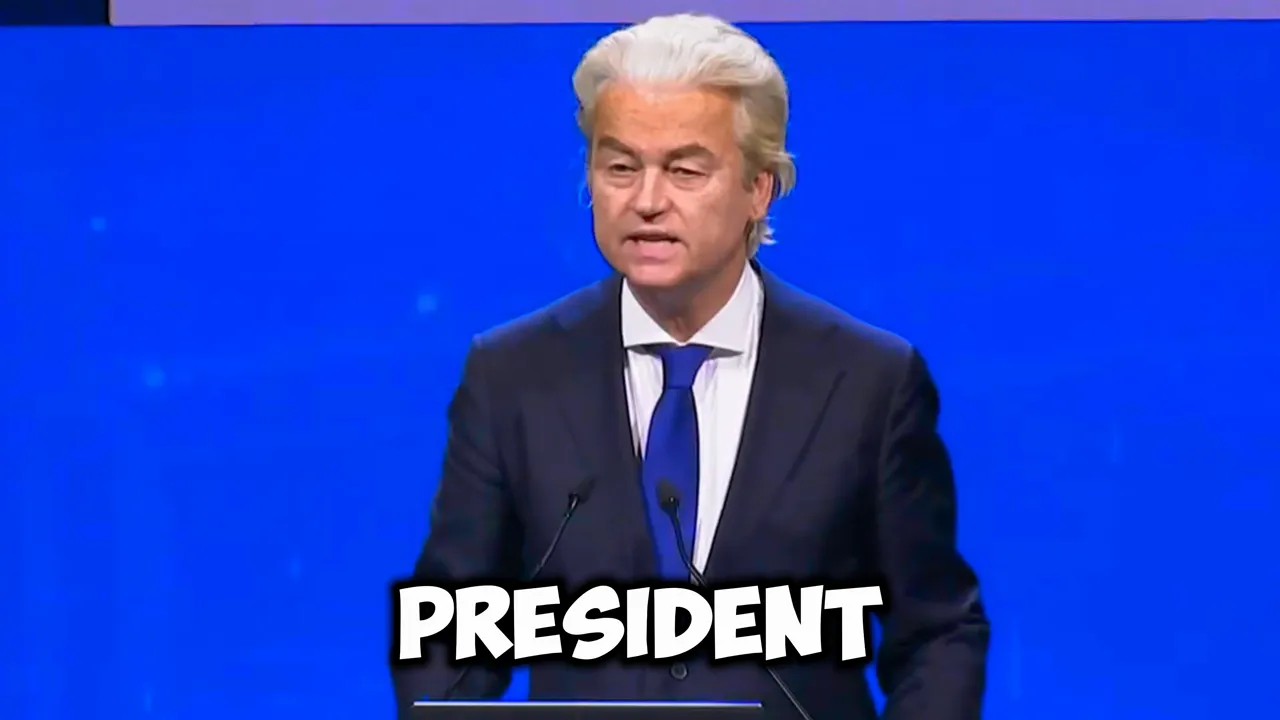
Final Reflections
The speeches collected here present a coherent, forceful program: an ideological and political push to restore traditional values, secure borders, and displace political elites who are portrayed as detached or hostile to national cultures. The appeal is emotional, coupling existential warnings with clear, actionable demands: win elections, enact strict immigration measures, and promote an education and civic agenda aligned with those values.
Whether one agrees with the diagnosis or the prescriptions, the movement’s strategy is unmistakable. It mixes cultural urgency, electoral focus, and uncompromising language to turn discontent into organization and political power.
